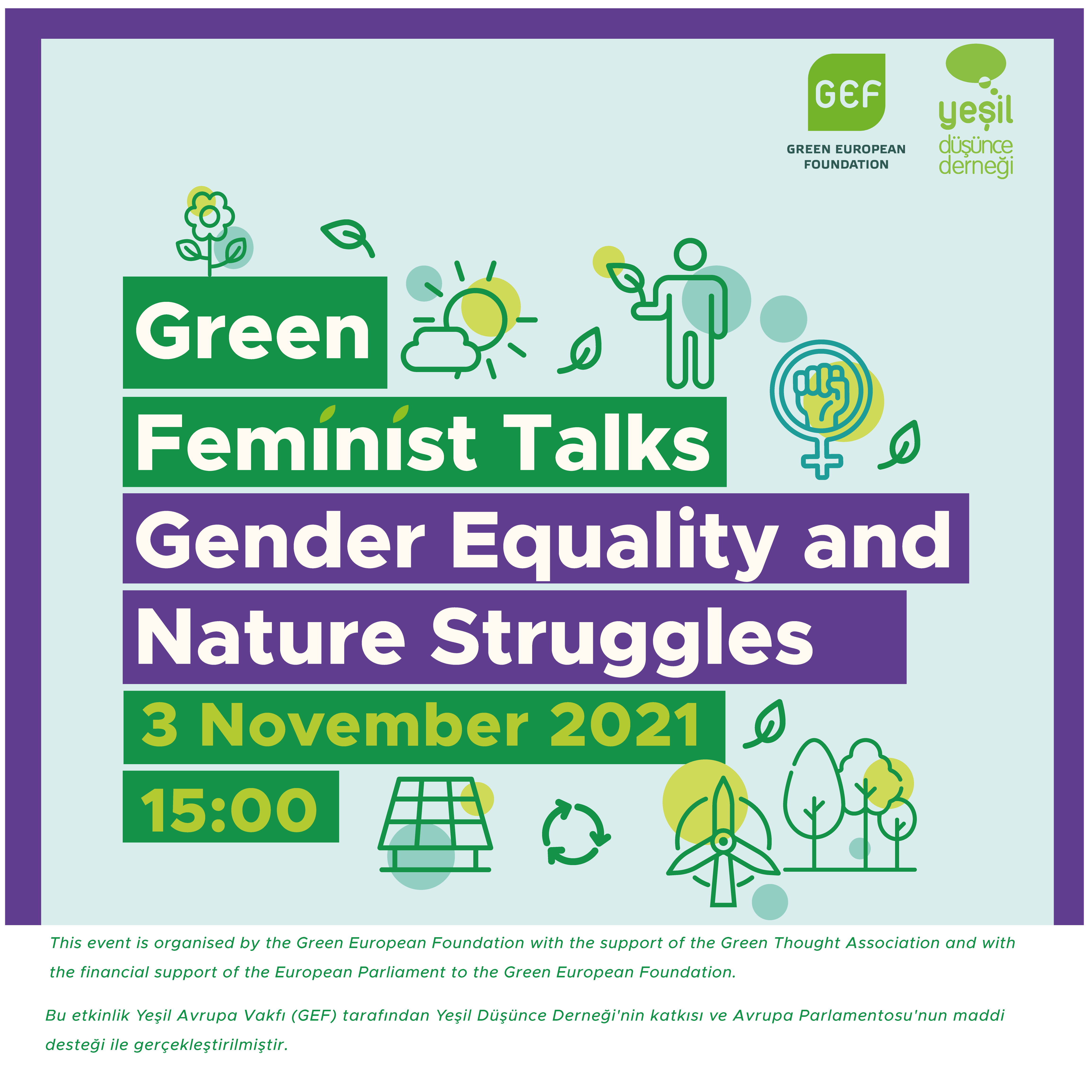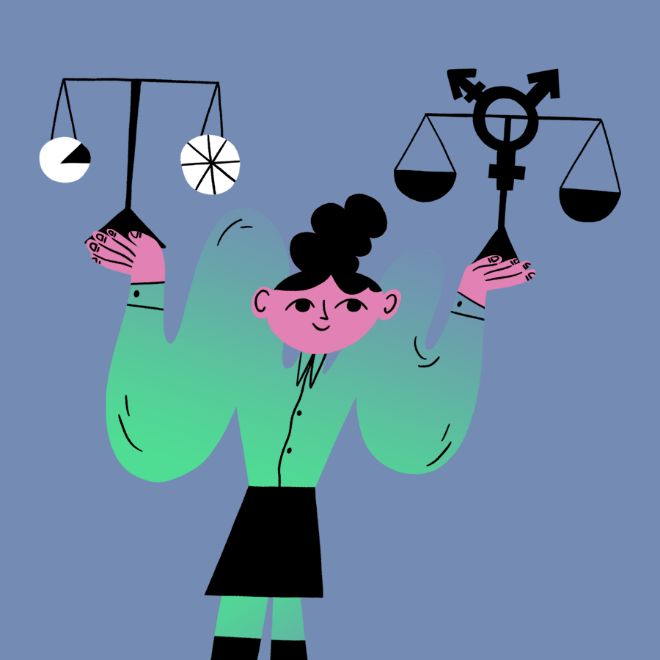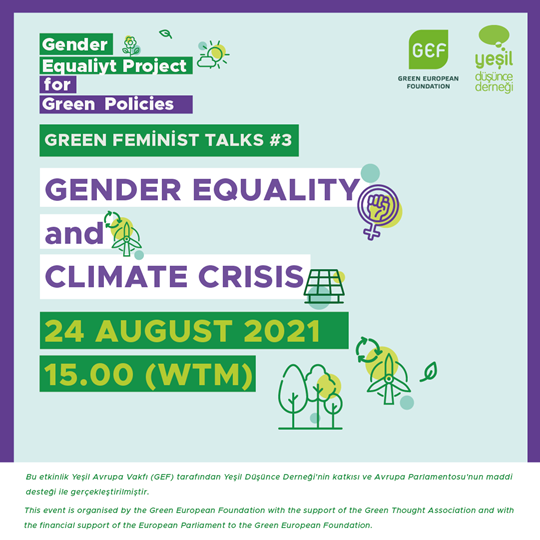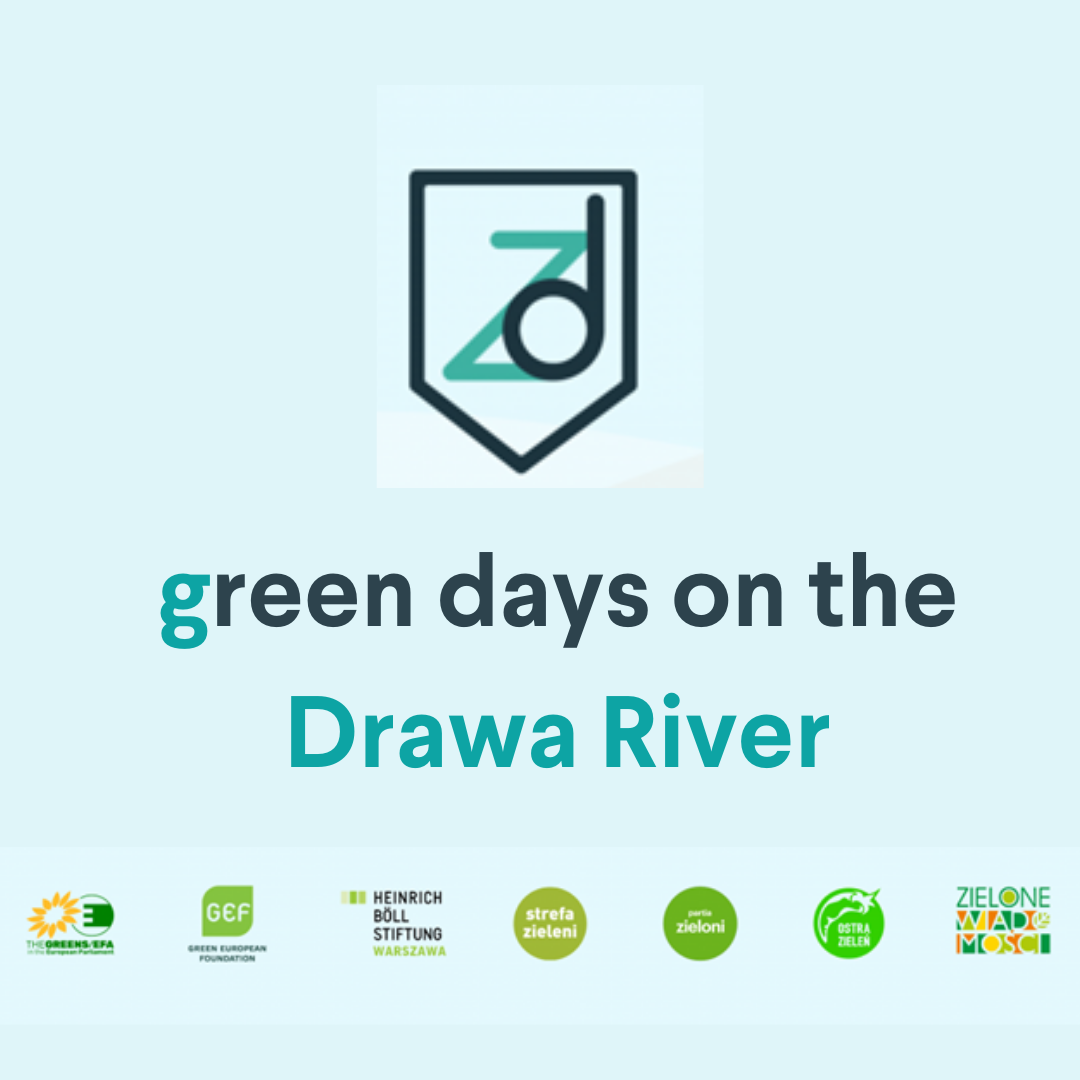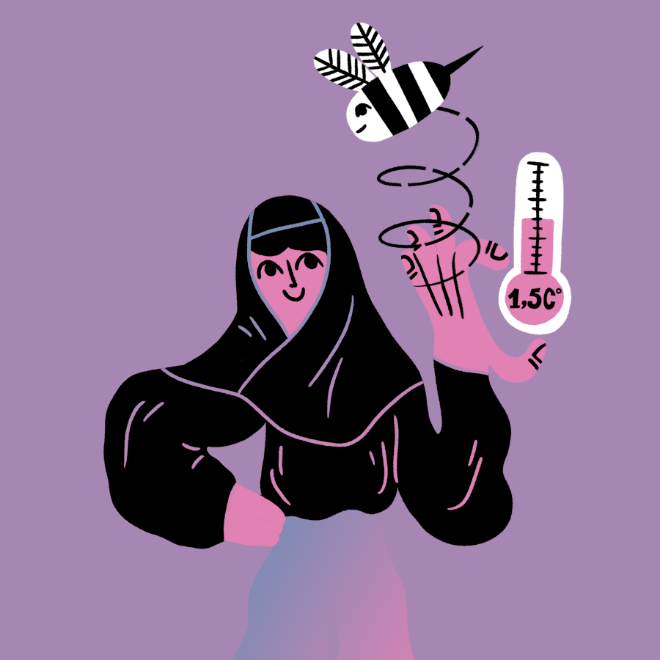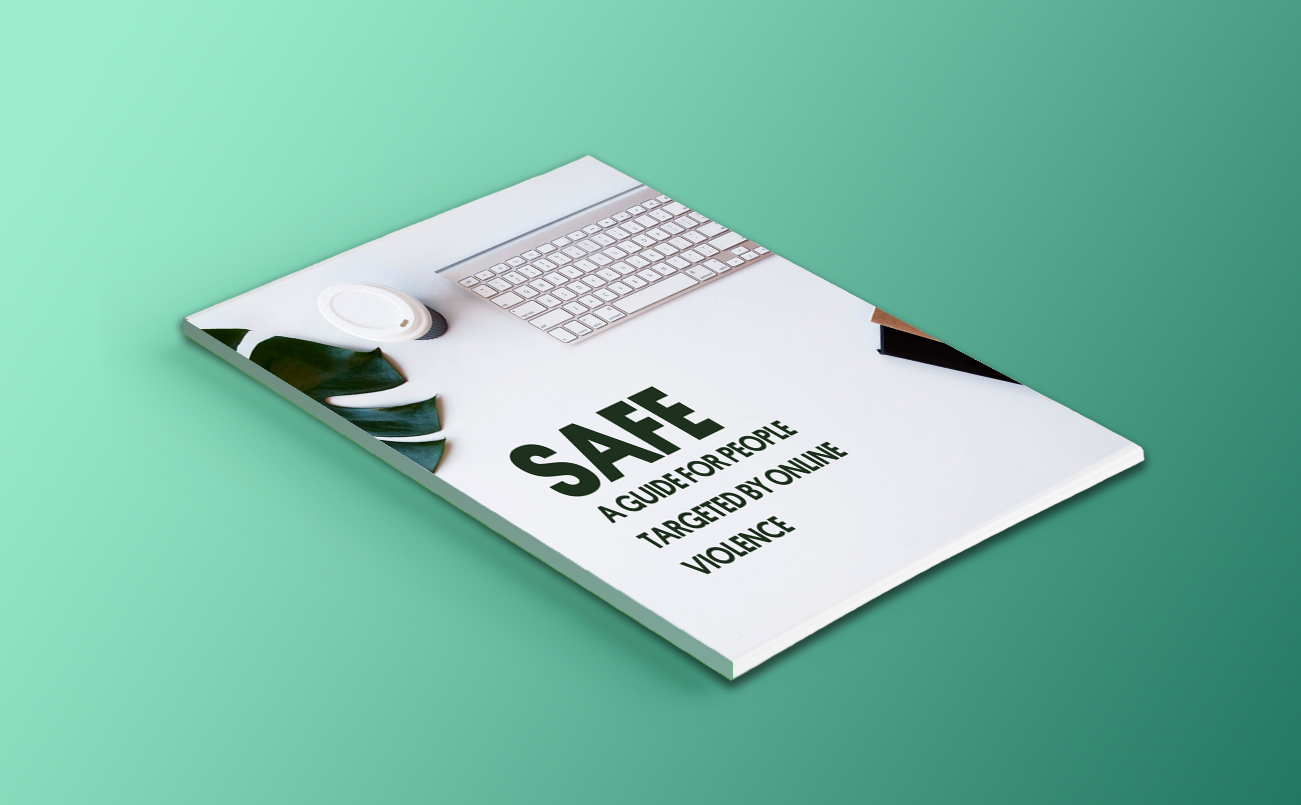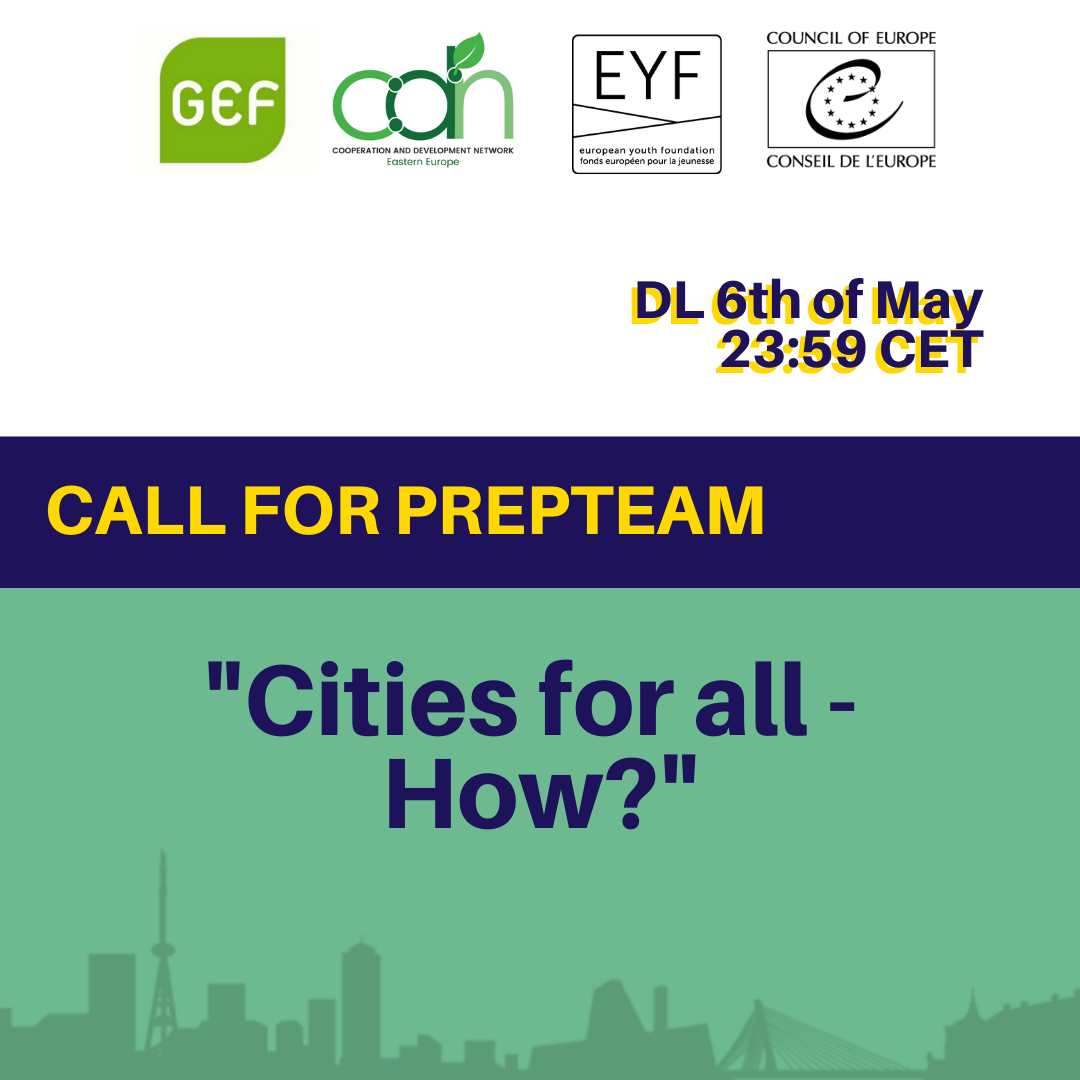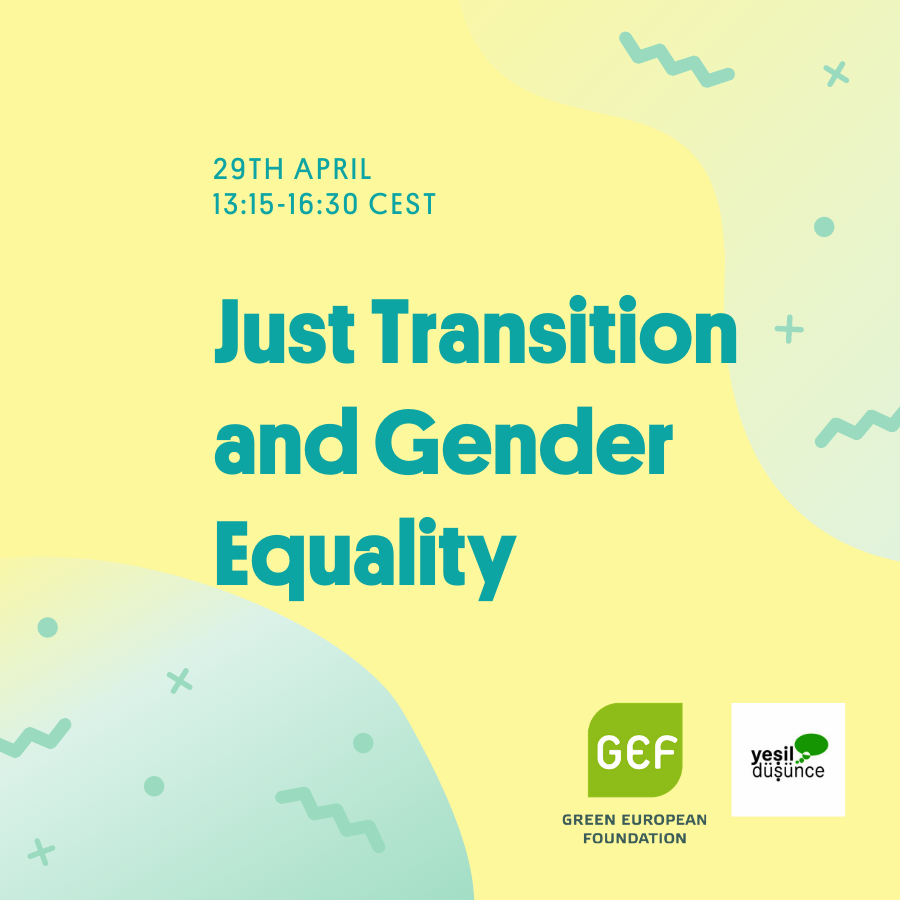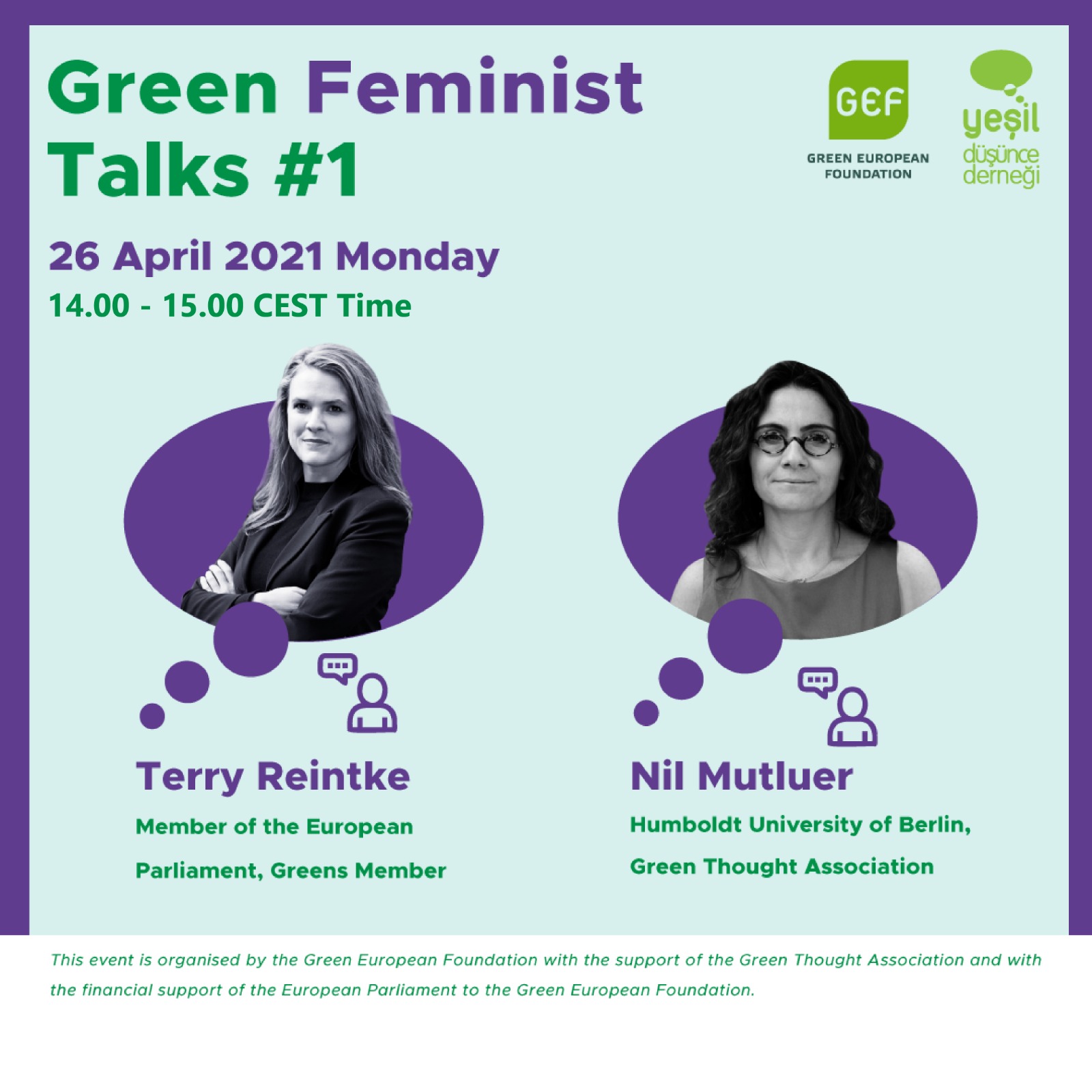About the Event
The global Covid-19 crisis brought healthcare into the spotlight. But care extends beyond the strictly medical: it includes everything we do to preserve and restore the world. The erosion of the welfare state, the plundering of the Global South and the crossing of planetary boundaries are worrying developments. And what about the connection between the exploitation of man and of nature?
What if tomorrow we found the courage to truly care for all people and other earthlings, for our unique living world? Seeing nature merely as raw material for plundering man, and man as merely driven by competition: can we put that behind us? Can care be a new starting point, based on connectedness and generosity? Can care, as an emancipatory principle, underpin politics and economics?
Ecopolis makes room for these questions, and many more, during a day of lectures, conversations, workshops, literature and performance. The analyses and proposals come together from many perspectives: alert carers and emancipated people in need of care, inspiring researchers and committed artists, fellow citizens who start from the local context and guests who bring in experiences and wisdom from indigenous cultures and the Global South.
Because ecological challenges know no national or linguistic borders, Ecopolis is diverse, international and interactive.
Context
Ecopolis is the perfect annual day to meet people who care about a sustainable future. Because ecological challenges know no national or linguistic borders, Ecopolis is diverse, international and interactive.
Ecopolis invites Belgian and international authors to debate the transition towards a socio-ecological society. Inspiring books, documentaries and debates between writers, academics and civil society thinkers about ecology, economy and society are at the heart of this event.
Speakers:
Jason Hickel – economic anthropologist and author of the recent book Less is More – How Degrowth Will Save the World
Benedikte Zitouni – lecturer in Sociology and head of CESIR (Centre for Sociological Intervention and Research) at the University of Saint-Louis in Brussels, specialized in ecofeminist perspectives
Mieke Vogels – Flemish Minister of Welfare, Health, Equal Opportunities and Development Cooperation from 1999 to 2003
Els Hertogen – director of 11.11.11, the Flemish coalition of international solidarity groups
Malcom Ferdinand – University College London, author of A Decolonial Ecology: Thinking from the Caribbean World
Moya de Feyter – author and poet, and founder of the Dutch language branch of Poets for the Planet
John Mussington – Barbuda Farming Co-Op and Barbuda Land Rights Committee
Olave Nduwanje – author, legal scholar, and activist
Sien Volders – award winning author of novels including Oogst (2020), which describes the harrowing fate of East European migrant workers in the agricultural sector in Italy
You can see the full list via this link.
Programme:
Theatre Hall
11:00 – 12:30 An economy that cares for people and the planet
- With Jason Hickel, Sien Volders, and Koen Schoors
12:30 – 13:45 Care in the arts: how a choreographic practice can also become a care practice
- With Jija Sohn, Lucy Wilke, and Julia Reist (Lands of Concert)
13:45 – 15:15 The care home of the future
- With Anne Berquin, Fed Ingram, Mieke Vogels, and Luc Van Gorp
15:15 – 15:30 Essay by Carolina Maciel de França
15:30 – 17:00 Chasing the idyll: neo-colonialism disguised as charity
- With Olave Nduwanje, John Mussington, Gaea Schoeters, Malcom Ferdinand, and Line Algoed
17:00 – 18:00 Closing debate: towards a caring society
- With Benedikte Zitouni, Kopano Maroga, Carolina Maciel de França, Els Hertogen, and Lidia Paz
Forum
12:30 – 13:45 Health workers and the climate crisis
14:00 – 15:30 Poetry room: the climate poets
15:30 – 17:00 The Book Forum
Living: Slow Discussions
13:45 Curator: Philsan Osman
15:30 Unequal care work: a daily struggle
18:00 The Work that (Re)Connects: experimenting with collective grief circles
For more details on the programme, please check here.
Practicalities:
Date: October 24th, 2021.
Location: Kaaitheater, Square Sainctelette 20, 1000 Brussels
Language: there will be simultaneously translation into English, French, and Dutch.
Tickets: on sale via this link.
We operate a “pay what you can” principle with a suggested price of 10 EUR. If you are able to pay a higher price, this helps make it possible for others to pay less. Thank you for your solidarity!
You can subscribe to the GEF newsletter here to stay informed of this and other upcoming events.
This event is organised by the Green European Foundation, with the support of Oikos and with the financial support of the European Parliament to the Green European Foundation.
